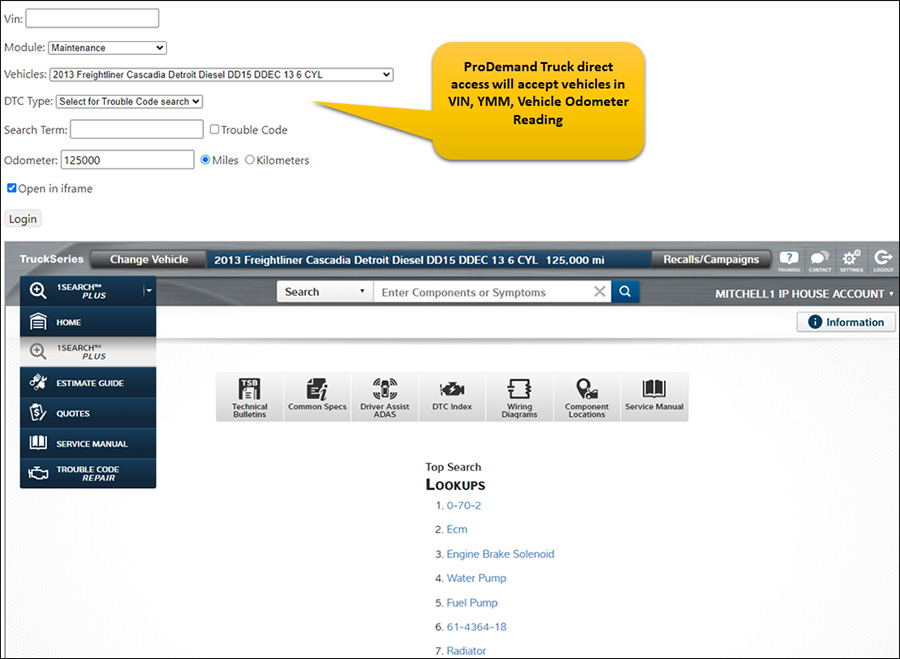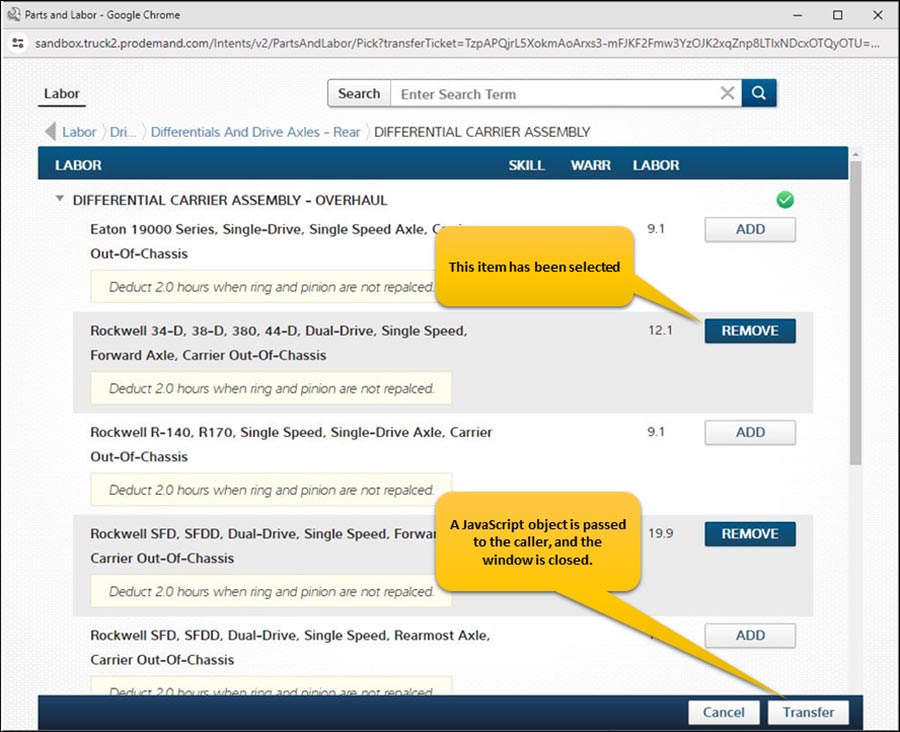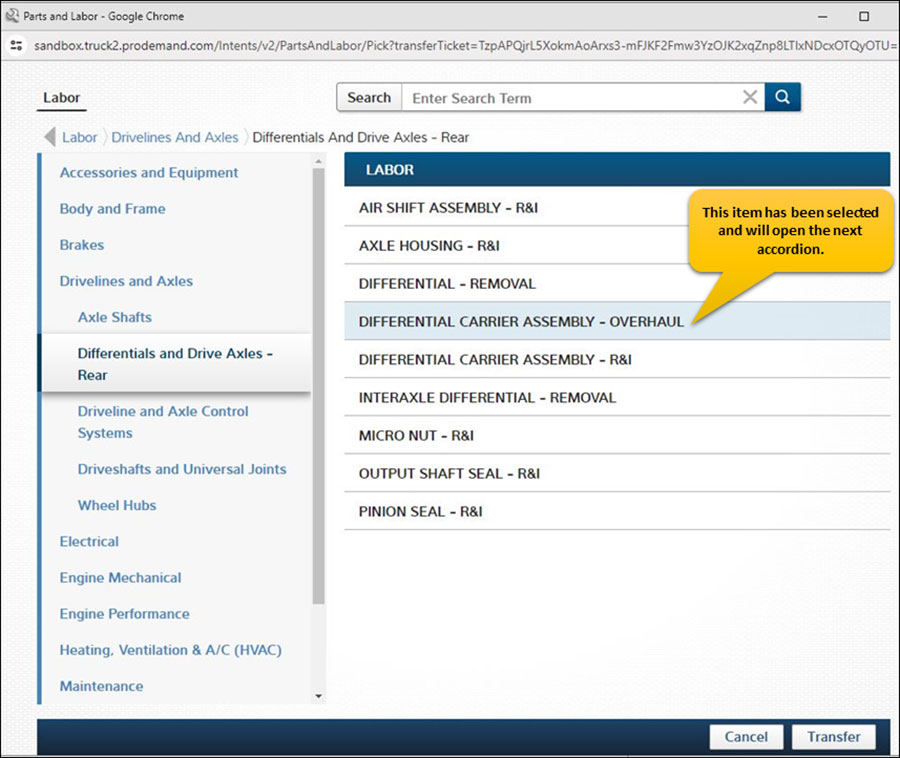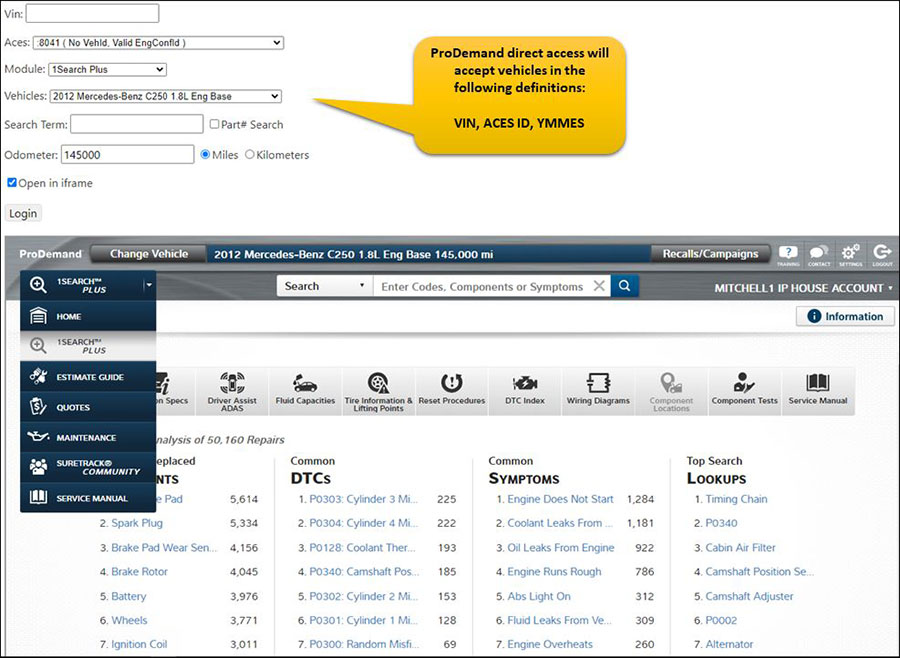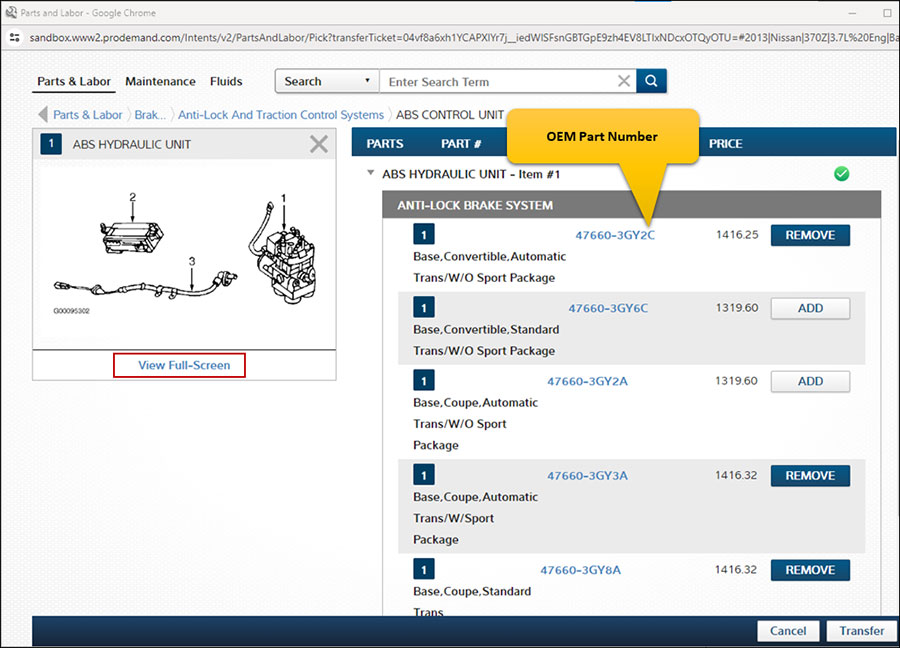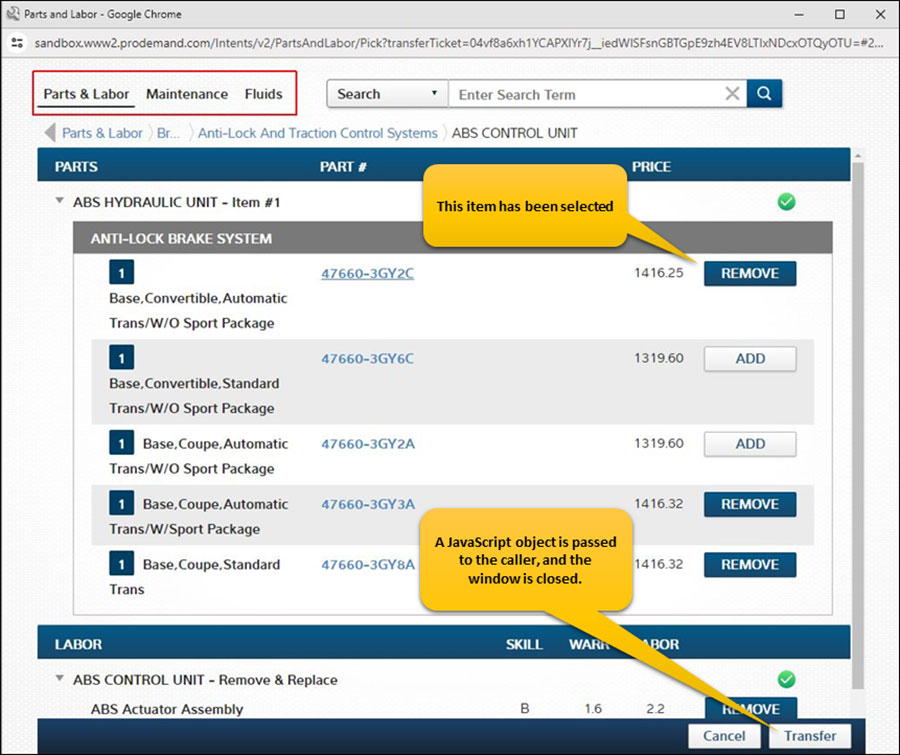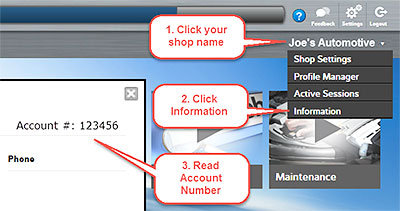
With winter now officially upon us, trucks in your fleet may be traveling on wet, snowy and icy roads. While driving in these conditions may not be the most ideal for drivers, there are steps that can be taken to ensure your fleet is properly prepared for any winter driving challenge. Winter months, especially in colder regions of the county, create additional demands on truck systems.
One of those systems most affected by winter weather is the engine starting system. Batteries are obviously a key component in this system, and with colder weather, they become harder to charge. They also become more difficult to discharge or supply power to the starter.
There is a reason “cold cranking amps” is one of the specifications used to determine the size of batteries that are needed to start the truck’s engine. In addition to less current flow in-and-out of the batteries, the engine oil becomes more viscous in winter, thus increasing cranking effort as well.
A thorough inspection of the batteries and alternator before winter arrives will help ensure your trucks start as needed. Inspect all battery connections for looseness and corrosion, and clean and tighten connections as required. If the batteries are four years old or older, it may be wise to test them prior to dispatching them to cold climate areas.
While almost all batteries today are maintenance free, if the battery is labeled Non-Maintenance Free (NMF), check the water levels in the cells and top off with distilled water only, making sure to not overfill them.
The condition of your truck tires is another important aspect to be considered. With snowy icy roads, tire inflation is critical for proper traction and safety. Inspect the depth and condition of the tire tread, and make sure they are inflated to proper specifications. Also, make sure any tire chains carried on the vehicle are the proper size required for the tires.
Ironically, another critical inspection point is the cooling system. You need to test the coolant condition and freeze point. Visually inspect the condition of all belts, hoses and the radiator for any signs of leakage that could indicate a repair might be necessary.
Don’t forget the fuel system! Inspect it to make sure the fuel and water separator is drained of any accumulated water, which could freeze during cold weather and end up restricting or completely blocking fuel lines. This would be a very unfortunate event, as it would result in a truck down situation.
Last, but not least, is to inspect the air system for trucks equipped with air-brakes. Moisture can freeze in the air system, just as it can the fuel system, resulting in a truck down situation.
Mitchell1 TruckSeries provides your technicians with the necessary procedures and specifications to perform all of your winter preparation inspections, as well as any required repairs resulting from those inspections. A little time spent in advance will prevent truck down situations and driver frustration in the winter months ahead.
Want to learn about TruckSeries?
Request a FREE DEMO today!
You may also like to read:
